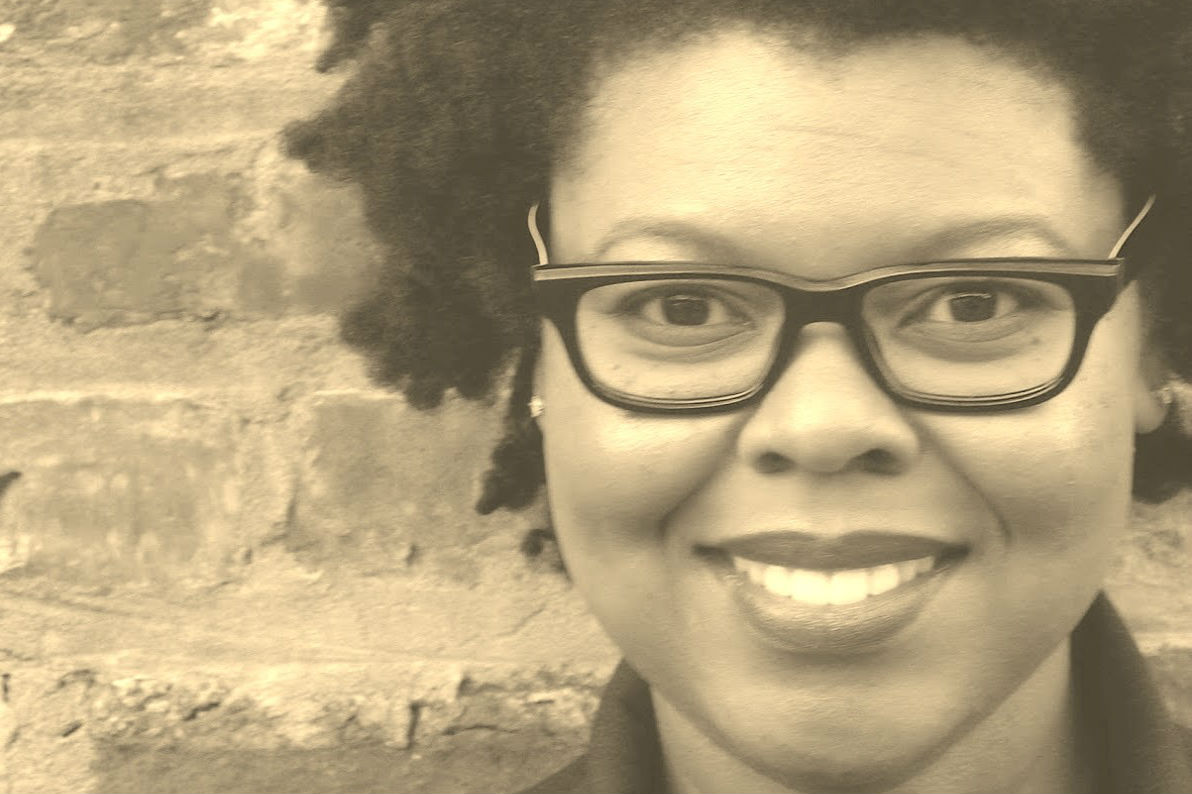Jamika D. Burge first became involved with the Grace Hopper Celebration (GHC) back in 2002 when she was a graduate student. „It was the first time I saw so many other women who were open to sharing their feelings of isolation and of being different,“ she said. „It was an opportunity for me to learn more about grad school, and to network and connect with people with different experiences. We all come from experiences that make us who we are.“
For Jamika, it was the support she received at college that led her to the pursue a career in tech. Originally a business major, she had never taken a computer science course before. When she became a work-study student in the computer science department, however, it was clear she was quite talented in that field. After receiving a lot of encouragement, Jamika switched majors.
„When I was about to graduate, I still had some doubts,“ Jamika admitted. „I told my professor I didn’t feel ready, and that I felt I needed to learn more.“
Luckily, her professor had the perfect response: „I feel the same way. It’s just part of this field.“
The Challenge of Intersectionality
Having the support of her professors and fellow students helped Jamika find the confidence to stick with computer science. Wanting to give other students that same support, Jamika joined Coalition to Diversify Computing (CDC) and the Computer Science Collaboration Project (CSCP), both of which encourage minority students to pursue careers in computer science.
„My goal for these students was for them to give back to others, and for them to go on to create technology and innovations that will change our world,“ Jamika stated.
Jamika further supports minorities through her own company: Design & Technology Concepts, LLC. Founded in 2016, the firm provides organizations with resources and information on how intersectional attributes affect black women and girls who pursue computer science education and careers. As a black woman in computing herself, Jamika knows these challenges well.
„I continue to struggle with worrying whether I’m perceived as being competent,“ she said. „I feel sometimes I have to work harder because I’m seen as different.“
To address the ways in which various forms of discrimination, such as racism and sexism, intersect and affect women in tech, Jamika recommends companies hold round-table discussions and panels. She also urges people not to focus on one aspect of another person but to look at all aspects and find similarities with one another.
„Each of us is unique, but we have more in common than we realize,“ she points out. „We forget that we’re all people at the end of the day.“
Stronger Together
A few months after founding her own company, Jamika also joined Capital One Financial Corporation as Head of Research Curriculum and Outreach for USERLabs. This was the same year Capital One joined the Leadership Index for AnitaB.org’s Top Companies for Women Technologists in recognition of the company’s commitment to creating a diverse and inclusive workplace.
Capital One has increased diversity and inclusion in the workplace through its Male Allies program. This program teaches participants about the benefits of diversity, explores the challenges caused by biases, and encourages employees to work together to reach equality in the workplace.
„Ally programs are really great— they show we’re not in this alone,“ Jamika said. „How great is it that others want to help us change the structure and systems where we work?“
Jamika’s position also allows her to promote inclusivity by supporting researchers and encouraging everyone, even those outside the research community, to apply design thinking and creative strategies to their work.
„This position lets me do what I enjoy most: empower people,“ Jamika explained. „I want my colleagues to recognize that if they don’t have the answers, there are ways to learn and collaborate that make us stronger together.“
The Future of GHC
As General Co-chair for GHC 17, Jamika aims to find new ways of supporting, empowering, and encouraging all of our 18,000 attendees. While it’s certainly a big task, Jamika is more than ready for the challenge.
„As [GHC] grows, I see how I can help it scale gracefully,“ she said. „I wonder how to make sure people continue wanting to come to GHC in years to come. I wonder how to keep people engaged.“
Jamika recommends that women in tech take advantage of resources like GHC to find support wherever they can. She encourages women technologists to be proud of who they are, and reminds them not to let their fear of being different prevent them from following their dreams.
„Do what you love,“ she urged. „When you do, you’ll find that although the challenges are still there, you will be more gratified by the work you put into solving them.“












Schreibe einen Kommentar
Du musst angemeldet sein, um einen Kommentar abzugeben.